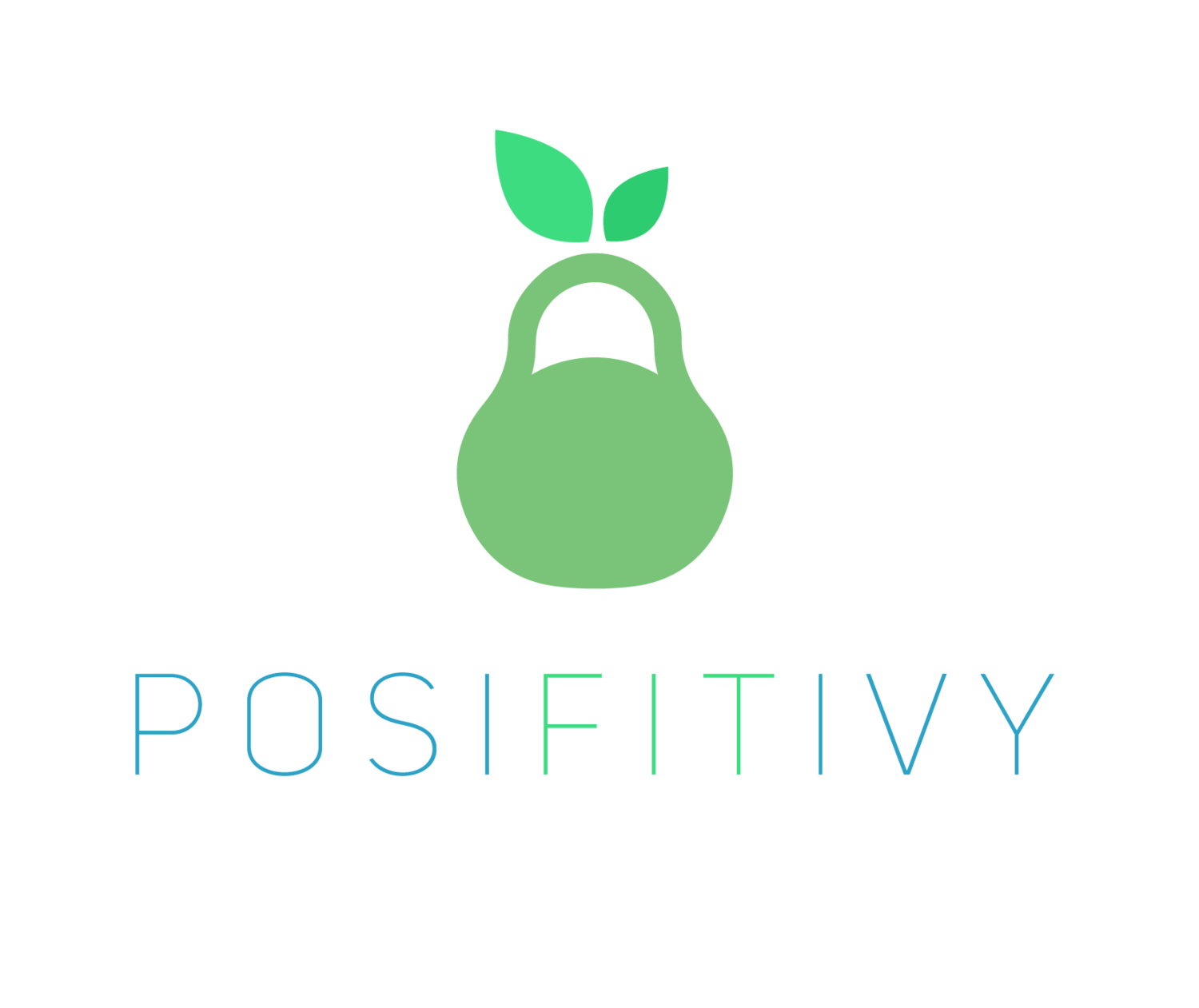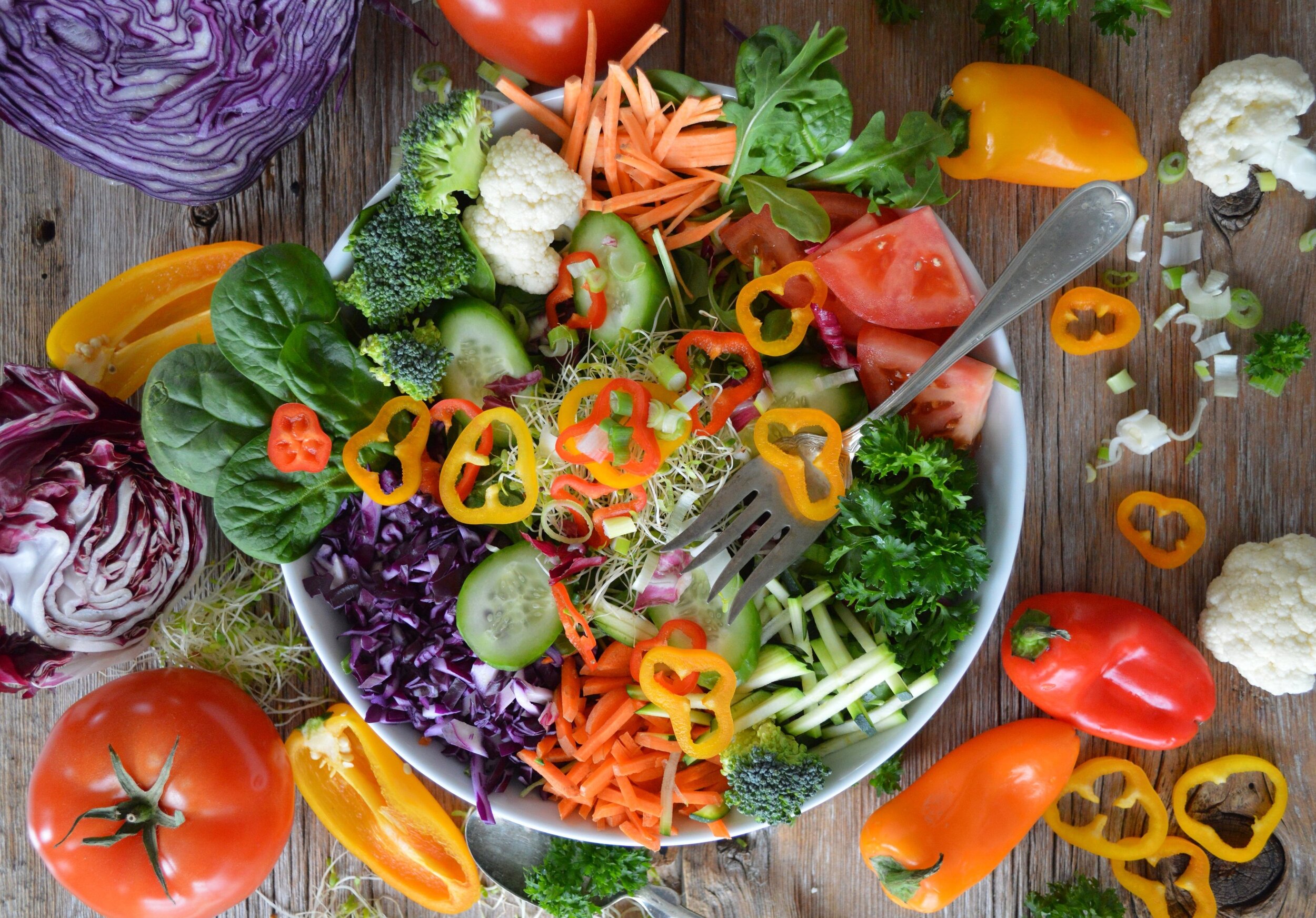busting the myth: protein on a plant-based diet
Protein is consistently the main nutrient of concern for those who haven’t adopted a whole-food, plant-based diet. The idea that you can’t get enough protein on a plant-based diet unless you combine foods or intricately plan your intake is so pervasive that it frequently dominates the discourse on plant-based nutrition. When I attended the International Plant-Based Nutrition Healthcare Conference (read my key takeaways here), many speakers devoted some time to busting the myth that you can’t get enough protein on a plant-based diet. I wanted to do my part to put the question to rest. The short answer is: yes, you can get enough protein on a plant-based diet, and you don’t need to exert special effort to do so.
how much protein do we need?
The recommended daily intake of protein is 0.8g/kg of healthy body weight (in other words, if you’re overweight, your protein requirements should still be calculated based on your projected healthy weight). The American Dietetic Association agrees that well-planned diets that limit or exclude animal products “are healthful, nutritionally adequate, and may provide health benefits in the prevention and treatment of certain diseases.” In a review on dietary protein in vegetarian/vegan diets, researchers found that “protein intakes from vegetarian diets are sufficient [emphasis mine], except possibly in a fraction of vegetarians who are not consuming sufficient energy intake [i.e. not eating enough calories], or who habitually for some reason avoid protein-rich plant sources such as legumes, nuts and seeds, or protein-rich analogs.” Note that legumes, nuts, and seeds are cornerstones of a whole-food, plant-based diet! Finally, the study concludes that there is no evidence of protein deficiency among vegetarians in Western countries.
protein quality: do you need to combine foods?
First, the term “high-quality protein” is ambiguous and has no regulatory definition, though it is purported to mean protein that contains all essential amino acids (essential amino acids are those that need to be ingested because our bodies can’t make them). The reality is that all plant proteins have all of the essential amino acids. It is a myth that plant proteins are incomplete, imbalanced, or insufficient; the authors of this study conclude that consumers “do not need to be at all concerned about amino acid imbalances when the dietary amino acid supply is from the plant-food proteins that make up our usual diets.” Finally, know that our bodies recycle amino acids (the building blocks of protein) as needed, so focus on eating a colorful, whole-food, plant-based diet.
What about combining foods to ensure adequate protein intake? The idea that “complementary” plant proteins must be eaten at each meal to accommodate for their inadequacies resulted from the fact that some plant proteins are low in certain essential amino acids, such as lysine. This idea was popularized by Frances Moore Lappe in her book Diet for a Small Planet. She has since said, “In combating the myth that meat is the only way to get high quality protein, I reinforced another myth. I gave the impression that in order to get enough protein without meat, considerable care was needed in choosing foods. Actually, it is much easier than I thought.”
athletes and muscle building
Athletes may require higher protein intake ranging from 1.2g/kg - 2.0g/kg per day; this varies based on duration and intensity of physical activity, experience level (experienced athletes have lower protein requirements), and exercise type. The Academy of Nutrition and Dietetics, Dietitians of Canada, and the American College of Sports Medicine conclude that “such intakes can generally be met from food sources” and that “[a] vegetarian diet can be nutritionally adequate containing high intakes of fruits, vegetables, whole grains, nuts, soy products, fiber, phytochemicals, and antioxidants.” Sounds like a whole-food, plant-based diet! Athletes should make sure they’re meeting their energy requirements by consuming enough calories.
If you lift weights regularly, you may be concerned that it’s more difficult to build muscle on a plant-based diet. In fact, research demonstrates that muscle mass and strength are associated with protein regardless of the source. Furthermore, muscle growth is stimulated by strength training, not protein intake. Though your body needs adequate nutrition to supply the building blocks for muscle growth and maintenance, the idea that you can drink protein shakes to build muscle while remaining sedentary isn’t rooted in physiological reality. Hit the gym, and enjoy legumes, whole grains, nuts, and seeds. As whole plants are the most nutrient dense foods in the world, know that you’ll be getting a vast array of micronutrients that will improve your performance and recovery, in addition to protein. Finally, if you’re interested in learning more about athletic performance on a plant-based diet, I recommend documentary The Game Changers for a detailed, inspiring analysis.
a note on lysine
Though, again, all plant foods have all essential amino acids, most are lower in lysine, which is considered the “limiting amino acid” in plant-based diets. Legumes are highest in lysine and are a major cornerstone of a whole-food, plant-based diet. As legumes are some of the healthiest foods on the planet, those on a plant-based diet should consume several servings daily and rest assured knowing their lysine requirements have been met.
protein excess: is more protein better?
The more protein, the better, right? Not so much. A review of 32 studies in ISRN Nutrition found that “the adverse effects associated with long-term high protein/high meat intake in humans were (a) disorders of bone and calcium homeostasis, (b) disorders of renal [kidney] function, (c) increased cancer risk, (d) disorders of liver function, and (e) precipitated progression of coronary artery disease.” Authors concluded that “there is currently no reasonable scientific basis in the literature [emphasis mine] to recommend protein consumption above the current RDA [recommended daily allowance] (high protein diet) for healthy adults due to its potential disease risks.”
conclusion: protein lore
Protein has occupied an unusual, mystical space in discourse around nutrition. It is often treated as the nutrient our diets should hinge on. The protein supplement industry is worth billions, yet the evidence shows that whole food sources are adequate and that eating too much protein (particularly from animal sources) is associated with chronic disease. Protein should occupy the same place that other nutrients do in the nutrition landscape. It’s part of a healthful diet, certainly, but is by no means a silver bullet, the secret to weight loss, or even the component most essential for health.
Finally, know that plant-based diets are associated with lower rates of heart disease, hypertension, cancer, and type 2 diabetes. Diets that limit animal products are better in nutrient quality that omnivorous diets. In other words, there is no concern that protein is difficult to get enough of on a plant-based diet, and there are incredible, health-promoting benefits to eating plants.
If you remain concerned about protein on a whole-food, plant-based diet, refer to the following graphic for some protein-rich plant foods. Any questions? Leave them below.
Source: https://drhillelharris.com/nutrition-plant-vs-animal-protein/




